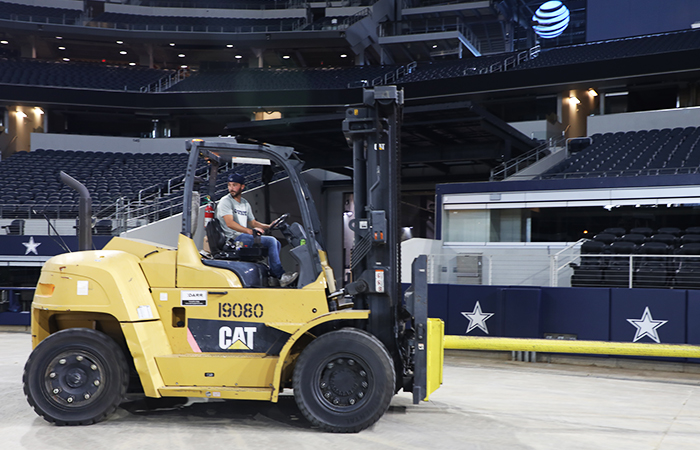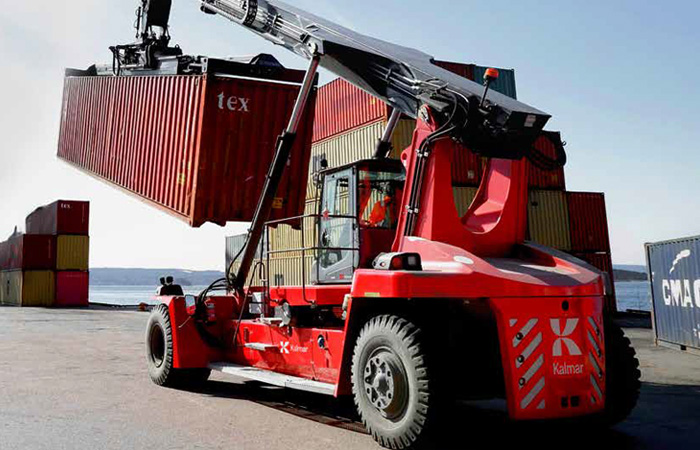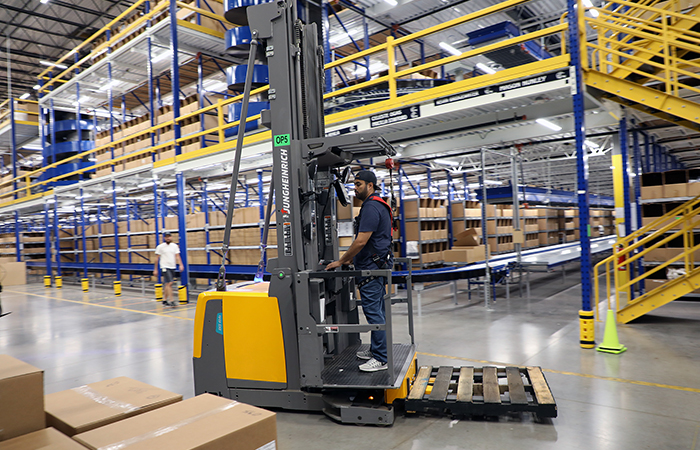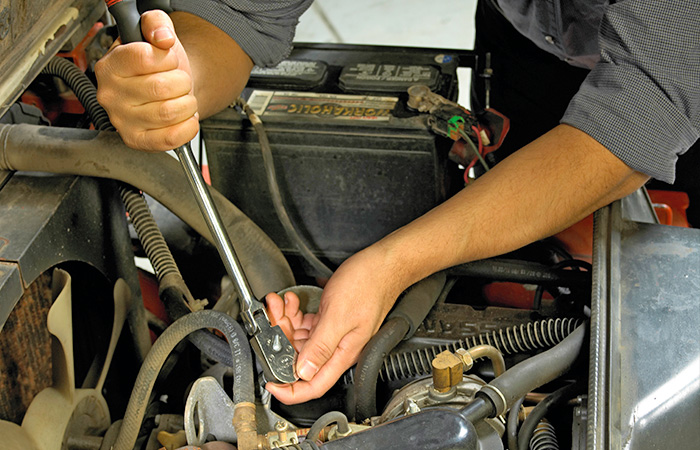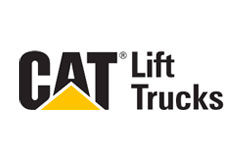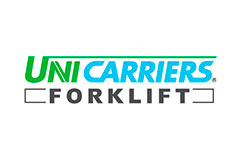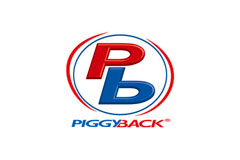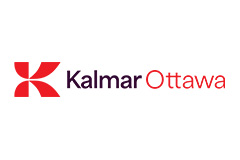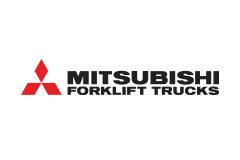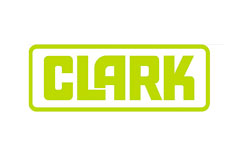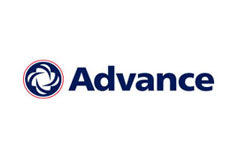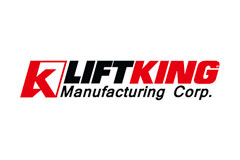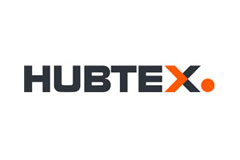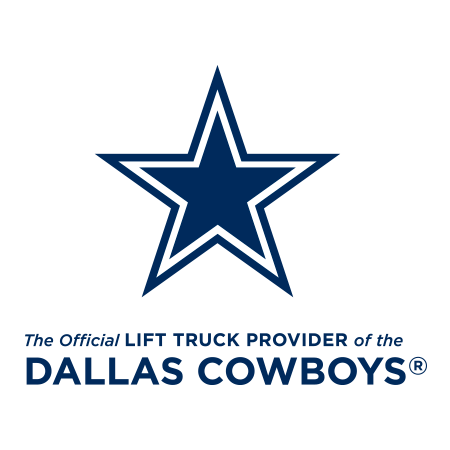Discover Darr - The First National Cat® Lift Truck Dealer
Since our founding vision of being the world’s state-of-the-art Cat® dealer, we’ve been a family-owned, service first industrial equipment supplier that focuses on customer satisfaction. With 70 years of experience, Darr understands what it takes to meet and exceed customers’ material handling application needs.
From equipment sales and rentals to outstanding customer service, training and product support, Darr is known for quality. We represent top brands including CAT, Mitsubishi, Unicarrier and Clark forklifts, Jungheinrich advanced warehouse equipment, Kalmar container handlers, Ottawa spotter trucks, rough terrain forklifts, aerial equipment, industrial floor cleaning sweeper/scrubbers and utility equipment.


